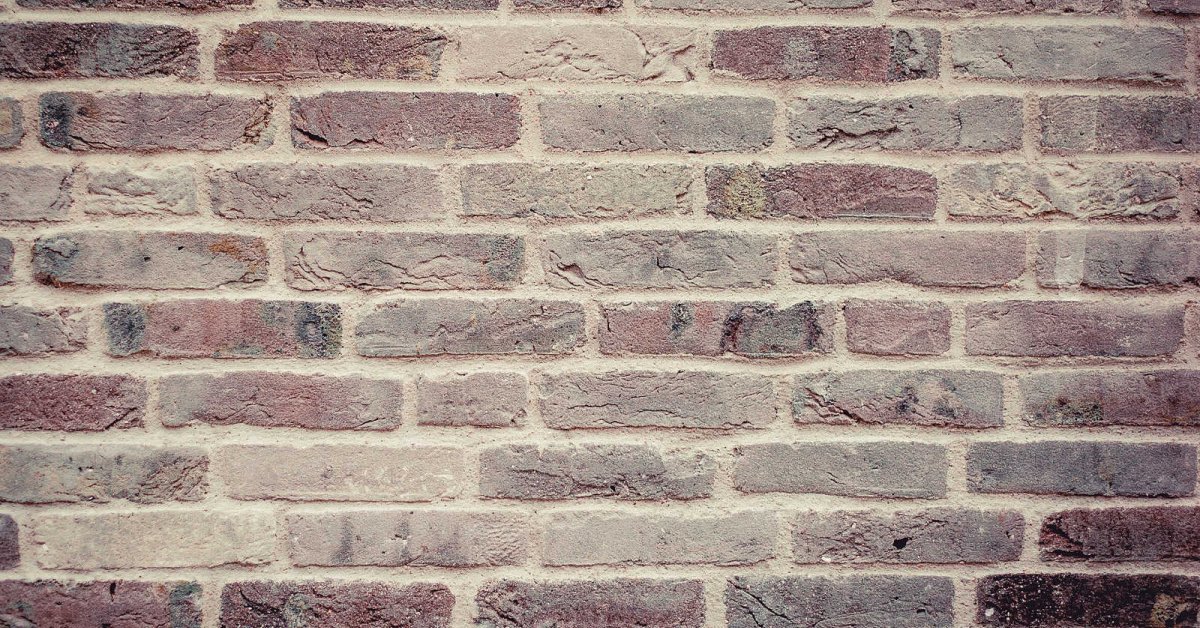You’ve probably noticed how the number 13 sparks a mix of curiosity and caution in many Western cultures. From skipping the 13th floor in buildings to avoiding Friday the 13th, this number carries a mysterious reputation that’s hard to ignore. But why does 13 have such a strong hold on our imaginations?
Superstitions around 13 run deep and have shaped traditions, fears, and even architecture. Exploring its cultural meaning reveals more than just old wives’ tales—it shows how numbers can influence behavior and beliefs. Let’s dive into the fascinating story behind 13 and see why it continues to captivate and spook people today.
Historical Origins of the Number 13 in Western Culture
The number 13 holds a complex place in Western traditions. Its reputation as unlucky or ominous stems from deep historical roots intertwined with ancient beliefs and religious symbolism.
Ancient Beliefs and Mythology
You find the origins of 13’s significance in many ancient cultures. In Norse mythology, a banquet of 12 gods was disrupted by the 13th uninvited guest, Loki, whose arrival led to chaos and death. Similarly, the lunar calendar, used by early Western societies, counts 13 full moons in a year, making 13 a natural but mystically charged number.

You should note that some ancient civilizations viewed 13 positively; the Maya considered it sacred, linking it to divine cycles. Yet, in Western context, the disruption caused by the addition of a 13th element to a complete set of 12 contributed to the number’s uneasy reputation.
Religious Influences on Superstition
You see 13’s negative symbolism heavily shaped by Christian traditions. At the Last Supper, Jesus dined with 12 apostles—13 individuals in total. Judas, known as the betrayer, was the 13th guest to sit at the table, linking the number with treachery and misfortune.
You also encounter the number 13 in the context of Friday the 13th, where both the day (Friday, historically associated with executions and bad luck) and the number combine to amplify fear. Additionally, medieval churches and cathedrals sometimes omitted the 13th step or seat to avoid invoking this superstition, embedding the aversion in physical structures.
Your awareness of these historical and religious contexts explains why 13 continues to evoke strong reactions in Western culture. The number carries layers of symbolism that stretch beyond simple superstition into deep-seated cultural narratives.
Common Western Superstitions Surrounding the Number 13
The number 13 holds a unique place in Western superstition, often wrapped in caution and fear. These beliefs affect your daily life, architecture, and popular culture in ways you might not always notice.
Friday the 13th Phenomenon
Friday the 13th combines two separate superstitions: the unlucky number 13 and the fear of Fridays, considered ill-fated by some Western traditions. You’ll find that many avoid scheduling important events or travel on this day. The fear is so widespread it even has a name: paraskevidekatriaphobia. This superstition likely stems from Christian lore, where Jesus was crucified on a Friday and Judas, the 13th guest, betrayed him at the Last Supper. The fear intensifies because both elements symbolize misfortune, compelling you to feel wary rather than optimistic.
The Omission of the 13th Floor in Buildings
When you enter certain buildings, you might notice the floor numbering skips from 12 directly to 14. This practice emerged in the early 20th century to avoid reminding occupants of bad luck associated with 13. By omitting the 13th floor, architects and developers minimize discomfort for tenants and buyers who subscribe to these superstitions. While there is no architectural or safety rationale for skipping the number, this cultural response shows how deeply ingrained the fear of 13 remains in your environment.
Other Popular Cultural References
The number 13 features prominently in various aspects of Western popular culture. For example, in card games like blackjack, 13 holds significance as the number of cards in a suit, yet often carries ominous connotations in folklore. You’ll see 13 used in horror films, literature, and television to evoke suspense or impending doom. Conversely, some subcultures reclaim 13 as a symbol of rebellion and strength, showing the number’s meaning isn’t fixed but evolves with context. Such diverse representations of 13 reveal how its symbolic power permeates your cultural imagination.
Psychological and Social Impacts of the Number 13 Superstition
The number 13’s reputation for bad luck triggers distinct psychological and social effects. These impacts shape how you and others react to situations involving this number.
Effects on Behavior and Decision-Making
Fear of 13 influences choices and actions in measurable ways. You might avoid buying houses or apartments with the number 13, skip important events on the 13th, or resist traveling on Friday the 13th. Research shows this avoidance stems from a cognitive bias where negative associations with 13 heighten anxiety and cautious behavior. For example, studies find reductions in economic transactions, such as fewer hotel bookings and airline ticket sales on Friday the 13th compared to other Fridays. This impact extends to workplaces where meetings or deadlines are rarely scheduled on the 13th, reflecting collective unease. You unknowingly participate in a self-fulfilling cycle where anticipating bad luck increases stress and risk perception.
How Media Reinforces the Fear of 13
Media outlets amplify 13’s ominous image through consistent portrayal in films, news, and literature. Horror movies exploit 13’s eerie aura, linking it to supernatural threats or curses—examples include titles like “Friday the 13th.” News media intensify fear by emphasizing rare accidents or misfortunes occurring on this date, even when statistics show no unusual patterns. Literature and popular culture reinforce this symbolism by repeatedly presenting 13 as a number tied to chaos and misfortune. This continuous exposure embeds the superstition deeper into the collective subconscious, making it harder to dislodge from everyday thinking. You absorb these signals, which solidify the belief that 13 carries inherent negative power, despite its contrasting meanings in other cultural or mystical contexts.
Contrasting Views: When 13 Is Seen as Lucky or Positive
« Unlock the Hidden Power: The Symbolism of Number 17 Will Blow Your Mind
Unlock the Hidden Secrets: The Symbolism of Numbers in Zoroastrian Mythology Will Blow Your Mind »
Though often linked with misfortune, 13 holds positive meanings in certain Western contexts. Recognizing these contrasts enhances your understanding of the number’s rich symbolism beyond the common superstition.
Cultural Variations Within the Western Context
Several Western cultures embrace 13 as a sign of good fortune or spiritual depth. For example, in Italy and among some Catholic communities, 13 symbolizes renewal and transformation connected to the lunar calendar’s cycles. You’ll find that Tarot decks include 13 as the “Death” card, which actually signifies rebirth and new beginnings rather than literal death. Among witches and practitioners of modern paganism, 13 often represents the lunar cycles in a solar year, making it sacred. You might notice that some Italian traditions consider 13 a lucky number during festivals and celebratory events, diverging sharply from the widespread fear of 13th guests or days. These cultural variations show that your perception of 13 depends heavily on your cultural background and spiritual framework.
Modern Reinterpretations and Challenges to the Superstition
In contemporary society, you’ll see growing efforts to reclaim 13 as a symbol of empowerment and positivity. Businesses, artists, and spiritual communities often adopt 13 to challenge its negative connotations. For instance, some fashion brands use 13 in their designs to convey rebellion and nonconformity. The rise of numerology as a personal guidance tool invites you to explore 13 as a number of transformation, creativity, and independence. Psychologists have noted that embracing 13 can reduce anxiety about its superstition, turning fear into confidence. Even in urban development, a few buildings keep their 13th floor to defy old taboos and promote inclusivity. You might notice that many social media movements celebrate Friday the 13th as a day of luck, creativity, and self-expression, overturning centuries of dread. These reinterpretations transform 13 into a dynamic symbol you can relate to on your own terms.
Conclusion
The number 13 carries a unique place in Western culture, blending fear, fascination, and even celebration. Whether you see it as unlucky or lucky depends a lot on your perspective and the stories you’ve grown up with.
By understanding its history and the ways it shapes behavior, you can appreciate how powerful symbols like 13 influence everyday life. Maybe next time you encounter the number, you’ll see it as more than just a superstition—perhaps even as a chance to challenge old beliefs and create your own meaning.




